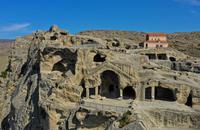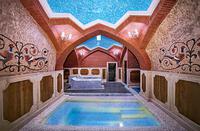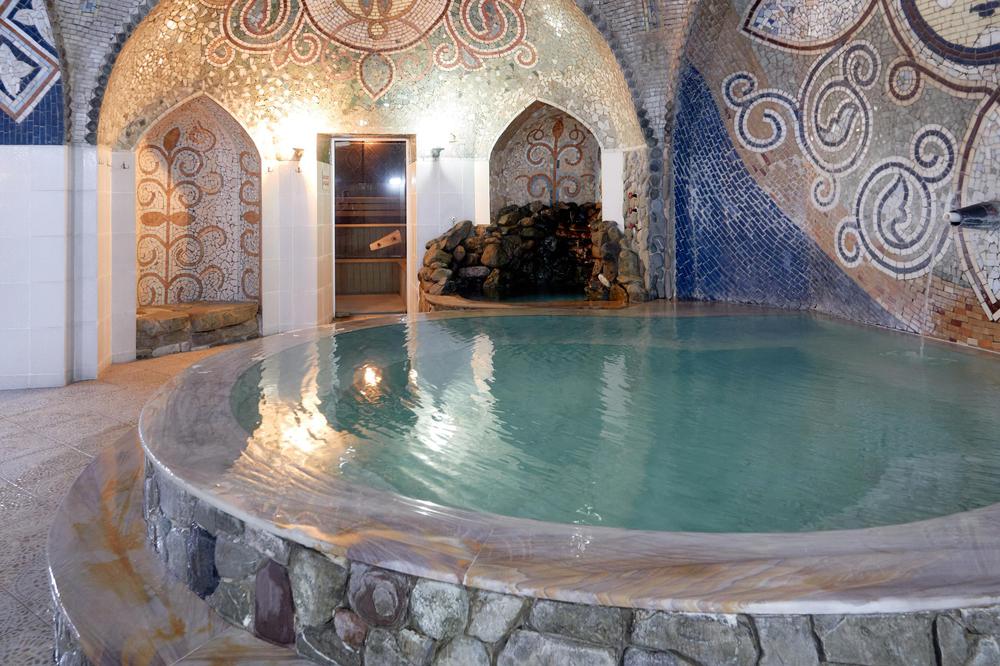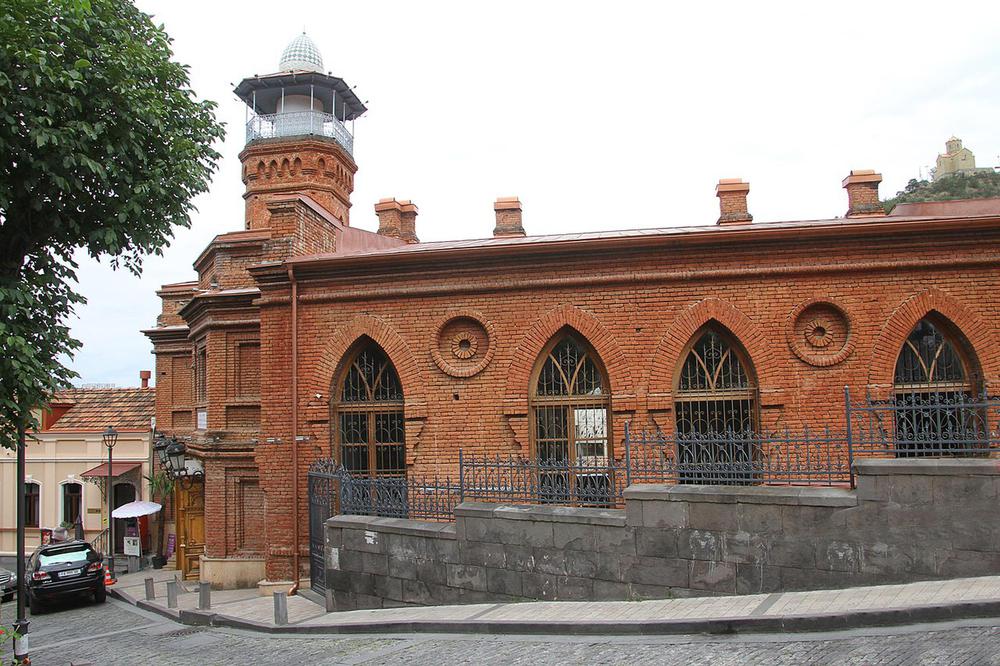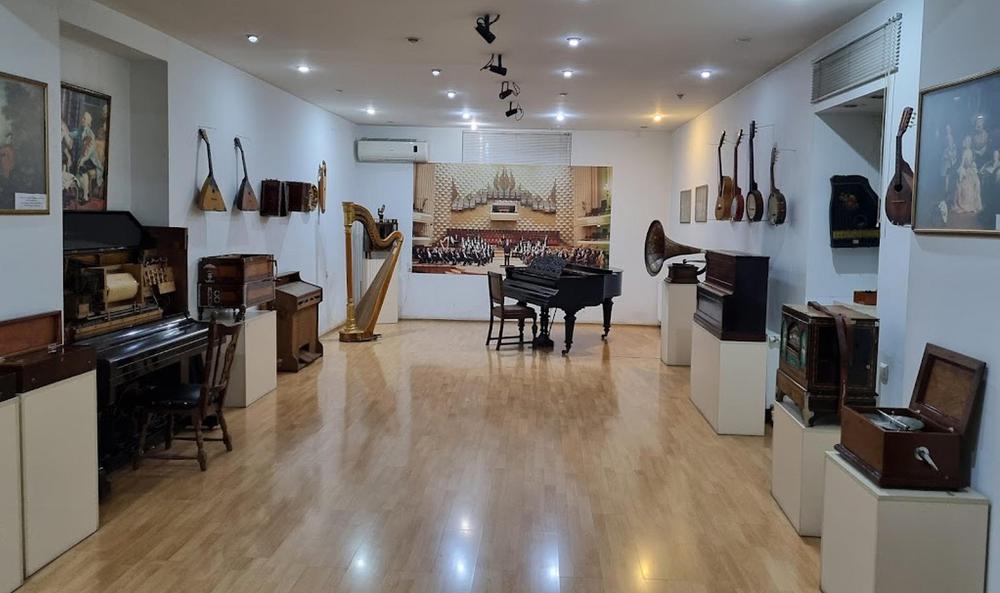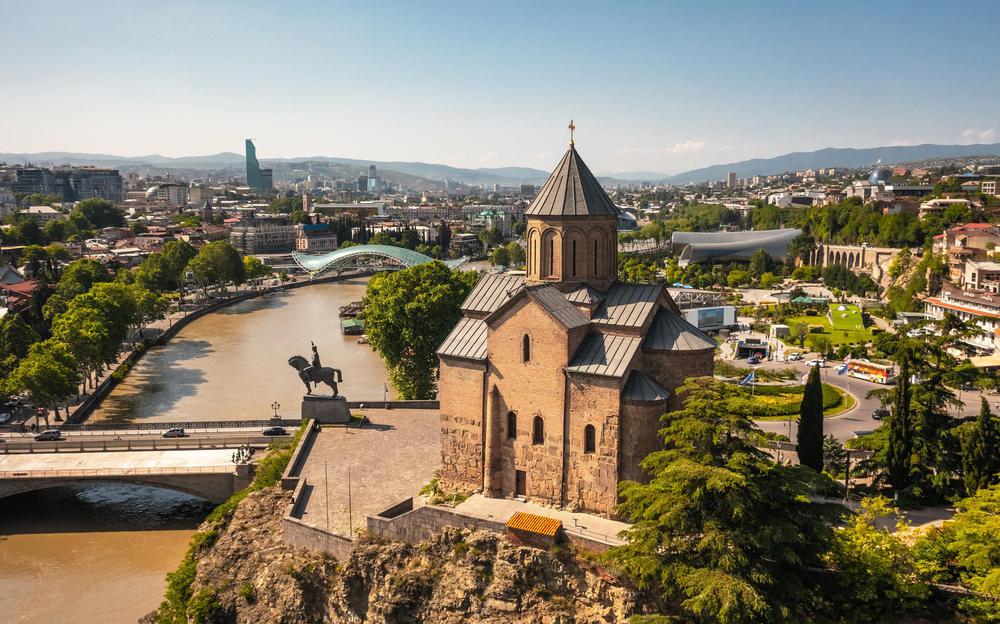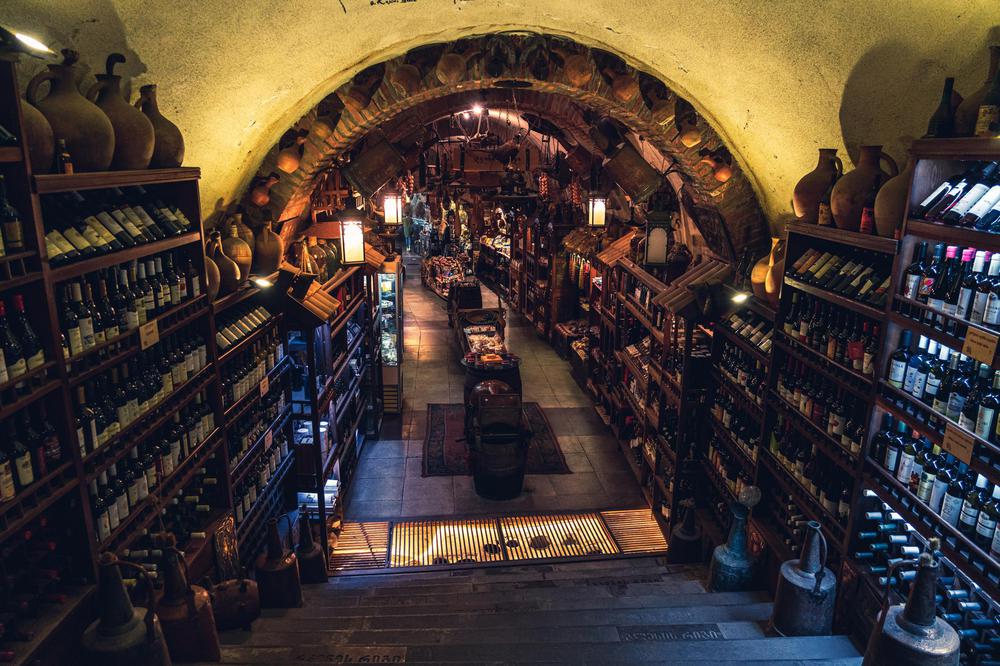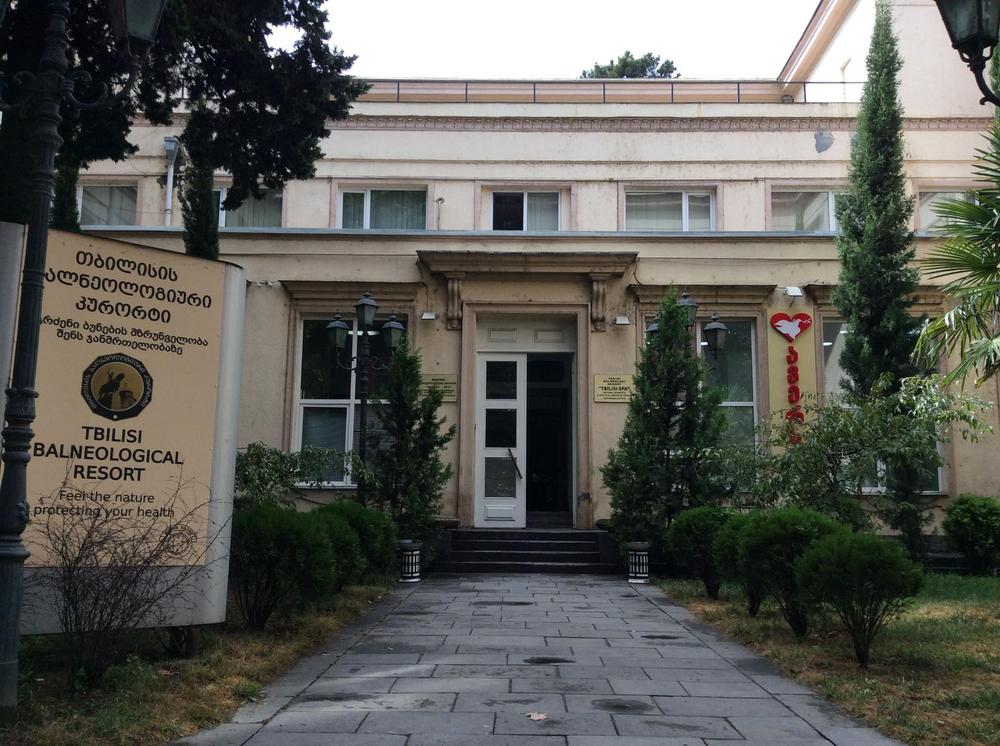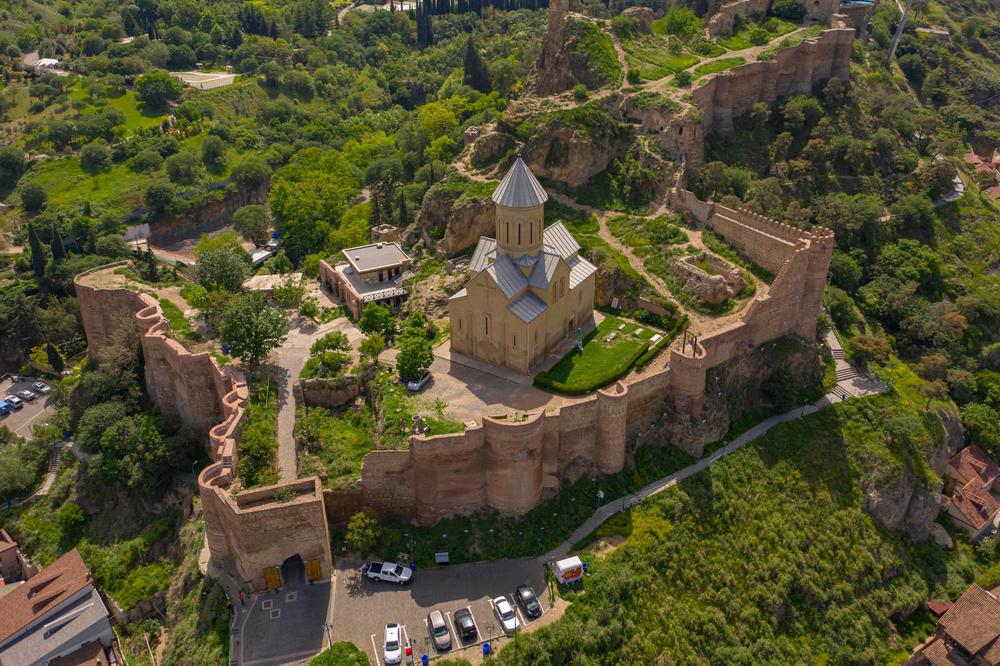Abanotubani, located in the heart of Tbilisi, Georgia, is a historic district renowned for its therapeutic sulfur baths. This fascinating area is an essential part of the city's cultural fabric and a must-visit destination for travelers seeking to experience the ancient healing traditions that have captivated visitors for centuries.
Situated at the base of the imposing Narikala Fortress, Abanotubani is characterized by its narrow, winding streets and distinctive brick-domed bathhouses. These architectural gems are a testament to the long-standing importance of bathing culture in Georgian society, dating back to the 5th century when Tbilisi was founded. It is said that King Vakhtang Gorgasali discovered the hot springs while hunting and decided to establish the city around them due to their remarkable therapeutic properties.
Today, Abanotubani remains a thriving hub of wellness and relaxation, drawing both locals and tourists alike to experience its soothing sulfur baths. Visitors can choose from a variety of bathhouses, ranging from the more traditional and modest to the luxurious and modern, each offering a unique atmosphere and services. The sulfur-rich waters are believed to have numerous health benefits, including alleviating skin conditions, reducing joint pain, and promoting overall relaxation.
Apart from its famous bathhouses, Abanotubani also boasts stunning landmarks such as the colorful Orbeliani Bathhouse, the picturesque Jumah Mosque, and the iconic Metekhi Church, which sits atop a rocky plateau overlooking the Mtkvari River. As you wander the atmospheric streets of Abanotubani, be sure to take in the remarkable history and architecture that surrounds you, as well as the enticing aroma of the sulfur springs that define this unique district.
In conclusion, visiting Abanotubani lets you experience Georgia's bathing culture, enjoying the restorative sulfur baths and exploring its rich history.



